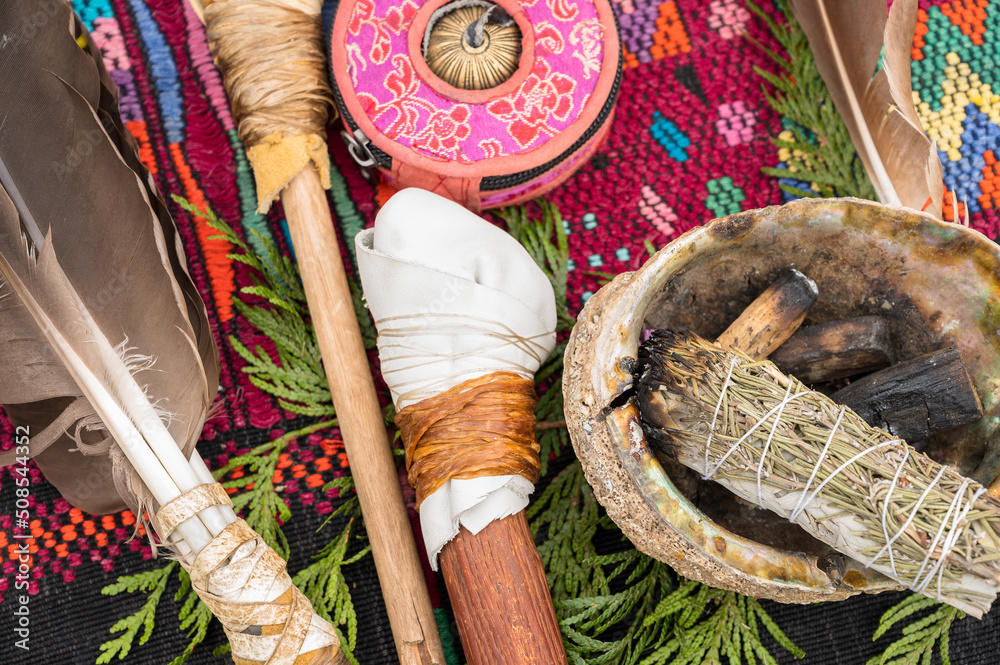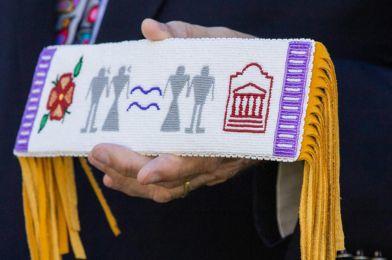Two decades on, the Indigenous-led program is both a legacy and a living project: sustaining a proud record of achievement while firmly oriented toward a more just, equitable, and inclusive health care system.
As part of Undergraduate Medical Education (UGME), 100 Indigenous students have completed the program since its inception and are now practicing family doctors, researchers, educators, and residents, among other roles. As they progress through their medical careers, they are a significant source of inspiration to the next generation of Indigenous physicians in Canada.
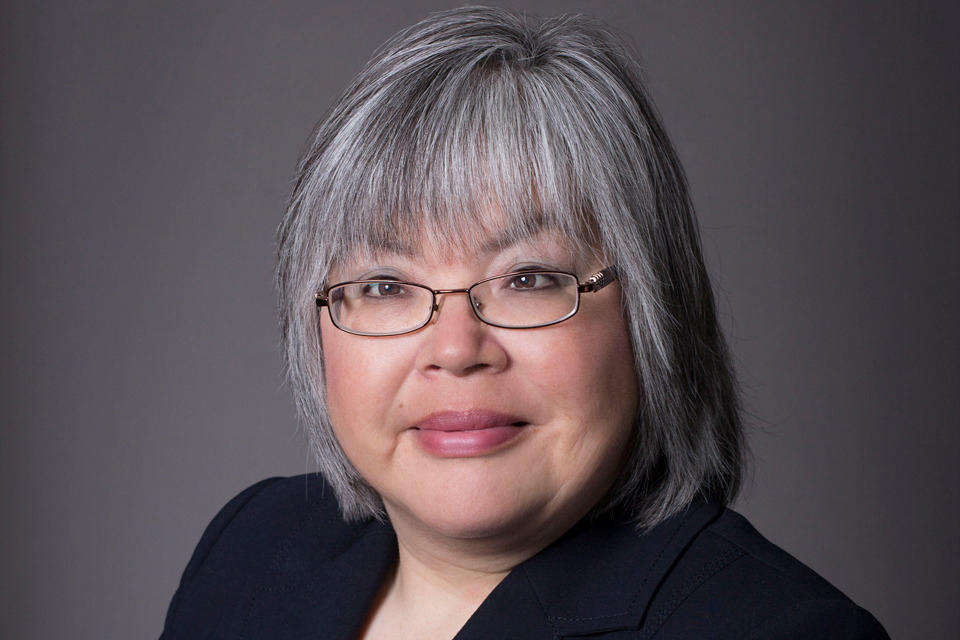
“Our program teaches cultural safety that involves giving care that is knowledgeable in culture, history and the current realities of Indigenous communities.”
Dr. Darlene Kitty
— Faculty of Medicine Indigenous Program Director
Not only has the Indigenous Program focused on building community – its constant North Star – but it has advanced the principle of “culturally safe care” and informed a medical curriculum that values the richness of Indigenous knowledge alongside mainstream healthcare. Importantly, it also shines a clarifying light on how the social determinants of health affect Indigenous communities.
The program and its pathway to practicing medicine is a testament to what relational practice, reciprocal and collaborative partnerships, and committed institutional change can achieve. It underscores that Reconciliation and health equity are ongoing projects—requiring sustained commitment, humility, and the openness to learn and change.
“We still have a ways to go – but I’m proud to say Indigenous health has come a long way over the years,” says Dr. Darlene Kitty, a family physician, leader and mentor who has been the program’s director since 2010.
Providing a pathway, sharing knowledge
Nobody has a deeper understanding of that journey than Dr. Kitty. When she attended the uOttawa Faculty of Medicine (graduating in 2002) she was the only self-identified Indigenous student, and the four-year program dedicated only a single afternoon to Indigenous health.
“Now, we’re educating and training physicians in Indigenous health. Not only our Indigenous students, but all students,” says Dr. Kitty, a Cree woman whose parents both attended residential schools.
Hailing from Chisasibi, a Cree community on the northeast coast of James Bay, she’s earned accolades for her work, including an award from the AFMC in 2018 for improving diversity in medicine. Guiding future Indigenous physicians and improving the health of Indigenous communities is her life’s mission.
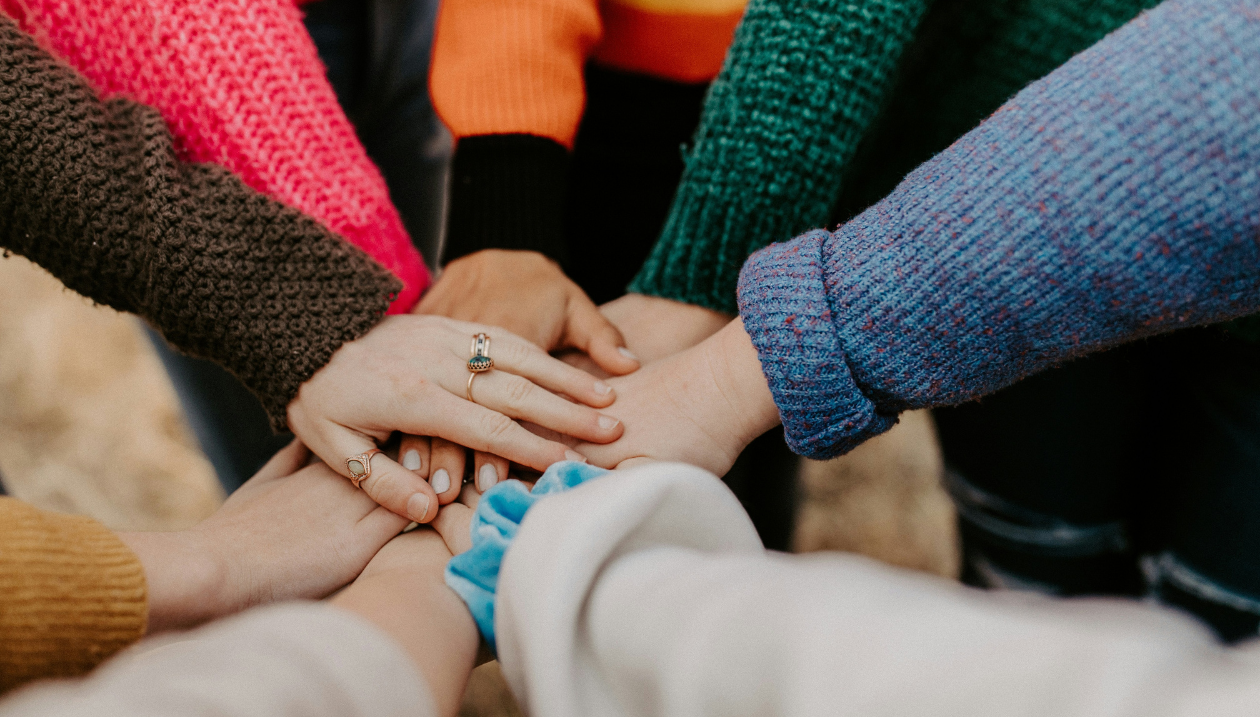
“After completing FoM, I hope to help mentor the future generation of Indigenous physicians so they can feel as supported as I have.”
Hannah McKay
— 2nd-year student (MD2028) in Faculty's Indigenous Program
Providing opportunities to learn, share culture, and heal from the painful legacy of injustice is paramount, according to Dr. Kitty.
“Our program teaches cultural safety that involves giving care that is knowledgeable in culture, history and the current realities of Indigenous communities,” she says. “That includes everything from residential schools to current social issues like suicide and addictions – but it also focuses on positive aspects like the strengths of culture and land-based activities that heal.”
Supporting Indigenous MD students on their journey
Current students say the Indigenous Program creates a strong sense of belonging and an inclusive educational experience.
Montana Warbrick, a fourth-year Indigenous medical student from Temiskaming First Nations’ Reserve in Quebec’s Notre-Dame-du-Nord, says this sense-of-belonging begins during the admissions pathway, where applicants are supported by current students through interview preparation and guidance in transitioning into medical education.
“Once admitted, learners are welcomed into a supportive community. Events such as the annual Welcome Dinner foster connection and belonging, while the involvement of Elders provides ongoing mentorship and grounding in traditional knowledge,” she says.
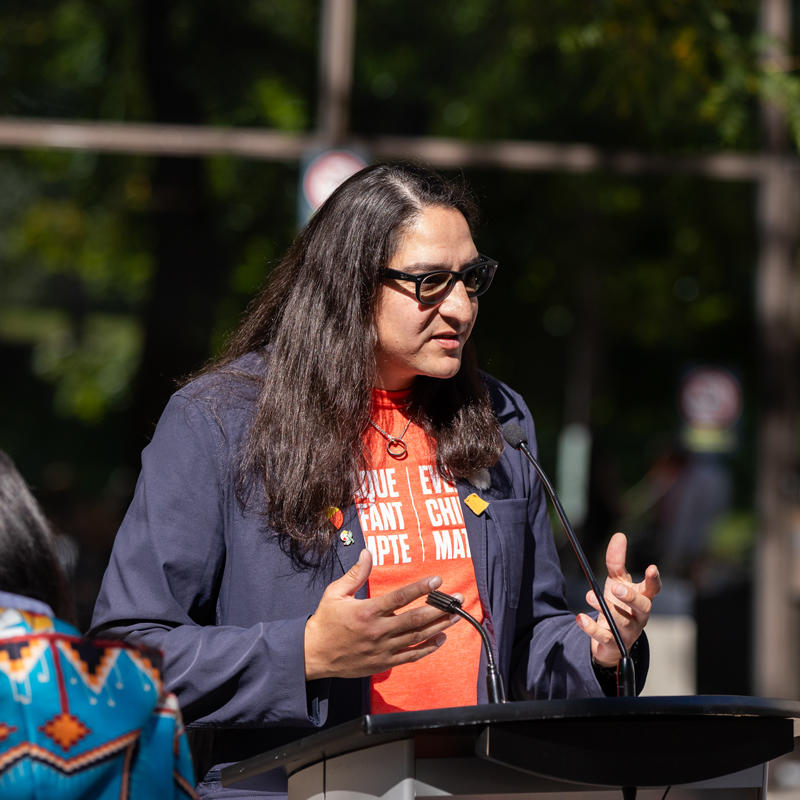
“The Indigenous Program supports learners’ self-reflection, exploration, and discovery.”
Dr. Alex Petiquan
— Mentorship Lead for the Faculty's Indigenous Program
Warbrick ticks off program highlights: Strong support for student-led initiatives and cultural events through groups like the Indigenous Medical Learners’ Association; collaboration on incorporating new perspectives into the curriculum; engaging with departments to support Indigenous learners and promote cultural awareness across disciplines.
A particularly meaningful experience for Warbrick was completing a Family Medicine rotation in Moose Factory, Ontario, with the Moose Cree people—an experience made possible through the Indigenous Program.
“During my time there, I was able to integrate my traditional knowledge with my medical education to provide care that was not only clinically sound but also culturally safe and holistic. This experience reinforced the importance of bridging Indigenous and mainstream health approaches to better serve all patients,” she says.
Hannah McKay, a second-year student from Toronto who is Nisga'a from Village of Gingolx, says she hopes to “help mentor the future generation of Indigenous physicians so they can feel as supported as I have.”
“I feel so lucky to be part of the change, and hope to see more improvement in the future,” McKay says.
Reconciliation and traditional training
This year’s 20th anniversary is far more than a commemoration at the Faculty of Medicine, where “Reconciliation, Action, and Indigenous Health” is one of five unifying priorities of our strategic plan.
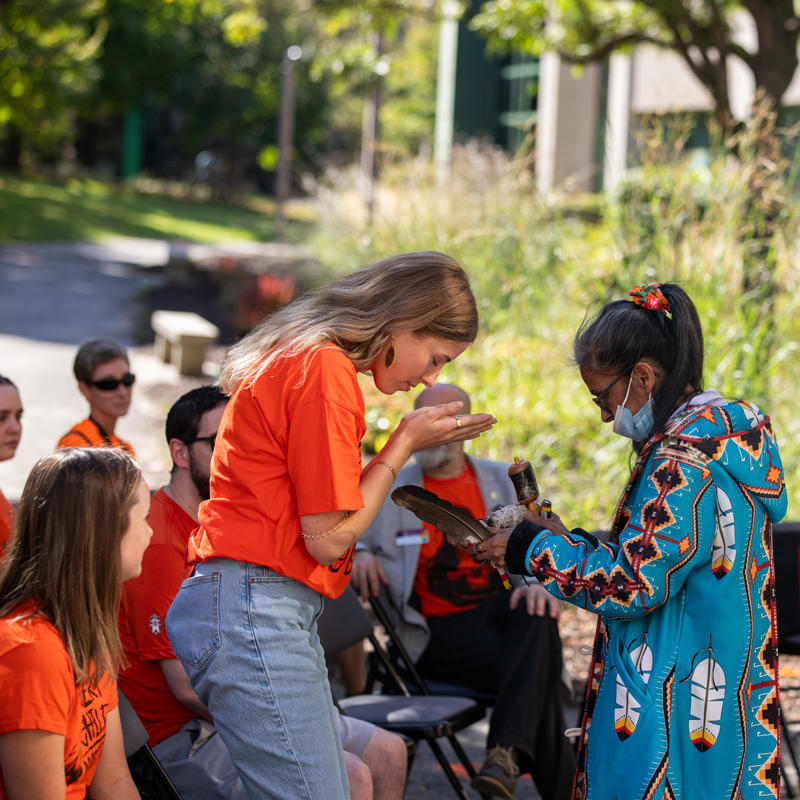
“Reconciliation isn’t an Indigenous led activity. It’s an understanding, a partnership, a relationship, and a treaty.”
Dr. Alex Petiquan
— Mentorship Lead
Dr. Alex Petiquan, Mentorship Lead for the Indigenous Program, describes the work of Reconciliation not as an Indigenous-led activity, but as “an understanding, a partnership, a relationship, and a treaty” where everyone has a role to play.
When asked about the program’s cultural awareness and traditional training aspects, Dr. Petiquan says they seek to enhance learners’ experiences through careful exposure to traditional teachings each student is ready for.
“Every learner comes with their life story, a background, and a context. The Indigenous Program supports learners’ self-reflection, exploration, and discovery,” says Dr. Petiquan, who is Anishinaabe from Wabauskang First Nation. “We don’t provide traditional training like a book, its training that involves choice, experience, and integration. This form of learning is foundational to our experience here.”
For Dr. Kitty, features that make the Faculty’s Indigenous Program – which sets aside seven places each year for Indigenous students – stand out from initiatives at other Canadian medical schools is the entrance scholarship and the fact that uOttawa has the country’s only bilingual medical faculty.
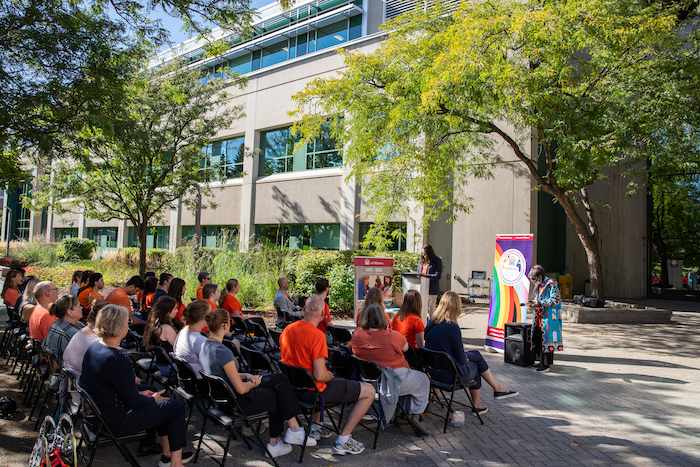
“We support those who follow in our footsteps.”
Dr. Darlene Kitty
— Faculty of Medicine Indigenous Program Director
There’s much to accomplish as systemic challenges persist and Indigenous professionals remain underrepresented in medicine. But Dr. Kitty is confident that learners and graduates of the program are heeding calls of action from Indigenous communities and are demonstrating the fortitude of their ancestors.
“We support those who follow in our footsteps,” she says.
Support the Faculty of Medicine today!
Use the "other" designation field on our online donation form to support the ‘William Commanda Indigenous Medical Scholarship’ at the University of Ottawa.

